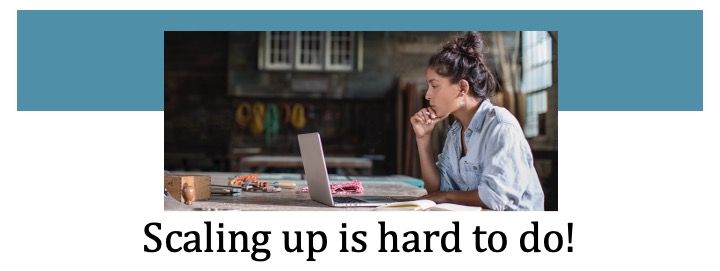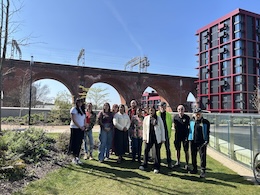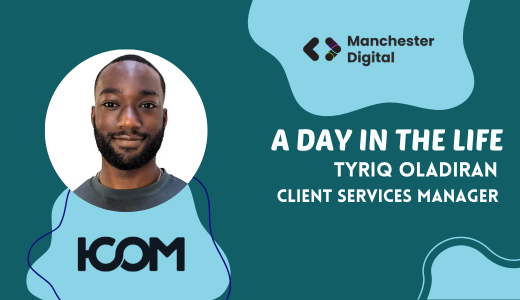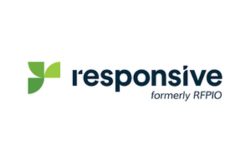
Training is a critical component, as staff proficiency directly impacts the system's success. Comprehensive training programs should cover all aspects of the CRM, from managing guest data to leveraging analytics for personalised services. Careful data transfer is crucial to maintaining data integrity. Conducting a thorough audit of current data ensures that only accurate and useful information is migrated, reducing the risk of errors. Regular performance checks are essential to ensure the CRM continues to meet operational needs and adapts to evolving requirements.
Customising the CRM to fit the hotel’s specific workflows enhances its effectiveness, allowing for the creation of custom workflows, automated tasks, and personalised dashboards. Collecting continuous feedback from users helps identify areas for improvement, ensuring the CRM remains a valuable asset.
The strategic implementation process not only aids in a smooth transition but also maximises the CRM’s potential to enhance guest satisfaction and operational efficiency. By following these best practices, hotels can ensure a successful adoption of the best CRM software for hotels.









